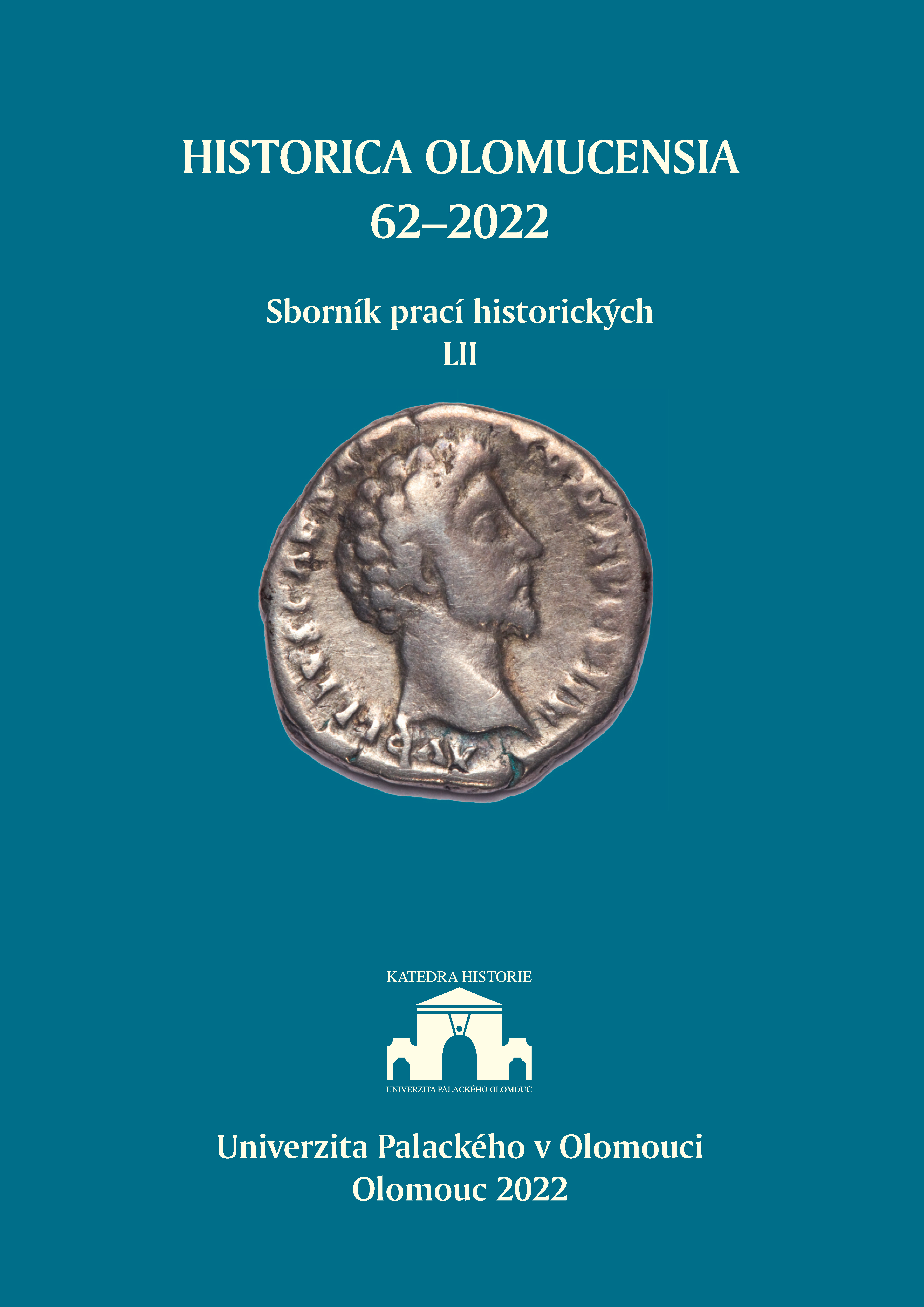Konverzia uhorskej šľachty v druhej tretine 16. storočia
The Conversion of the Hungarian Nobility in the Second Third of the Sixteenth Century
(the Example of Imrich Bubek of Plešivec)
Author(s): Monika TihányiováSubject(s): 16th Century, History of Religion
Published by: Univerzita Palackého v Olomouci
Keywords: Bubeks of Plešivec; Matthias Dévay; the Reformation; Martin Luther;
Summary/Abstract: This contribution is focused on the spreading of the Reformation to the Hungarian kingdom approximately from the beginning of the 1520s. It introduces the oldest sources concerning the first Humanist scholars, preachers and teachers, working in Hungary, who were sympathetic to the teachings of Erasmus of Rotterdam, Philip Melanchthon and Martin Luther. Special attention is paid to the life of the first domestic Hungarian reformer Matthias Dévay, and this prior to his acceptance of the Reformed faith. It follows his fate in Budín, in Košice, in Vienna and also discusses his activity in the courts of a number of renowned Hungarian nobles. It provides a more detailed description of his work in connection with his first patron and supporter from the first half of the 1530s, Imrich Bubek of Plešivec, and this immediately after Dévay returned from university studies in Wittenberg (1531). This link is of even greater interest due to the fact that Imrich held, at the time of the support from Dévay, the rank of provost of the collegiate chapter at the Church of St. Nicholas in Stoličný Belehrad (Székesfehérvár in Hungary). Under the influence of Dévay, he married but thanks to his origins in an influential Hungarian family, escaped any serious punishment. He continued to hold his ecclesiastical rank. The author follows Imrich’s fate up to the time when he lost contact with Dévay. On the basis of several indirect references, his ongoing sympathies with the teachings of Martin Luther are attested to.
Journal: Historica - Sborník prací historických
- Issue Year: LII/2022
- Issue No: 62
- Page Range: 11-26
- Page Count: 16
- Language: Slovak

